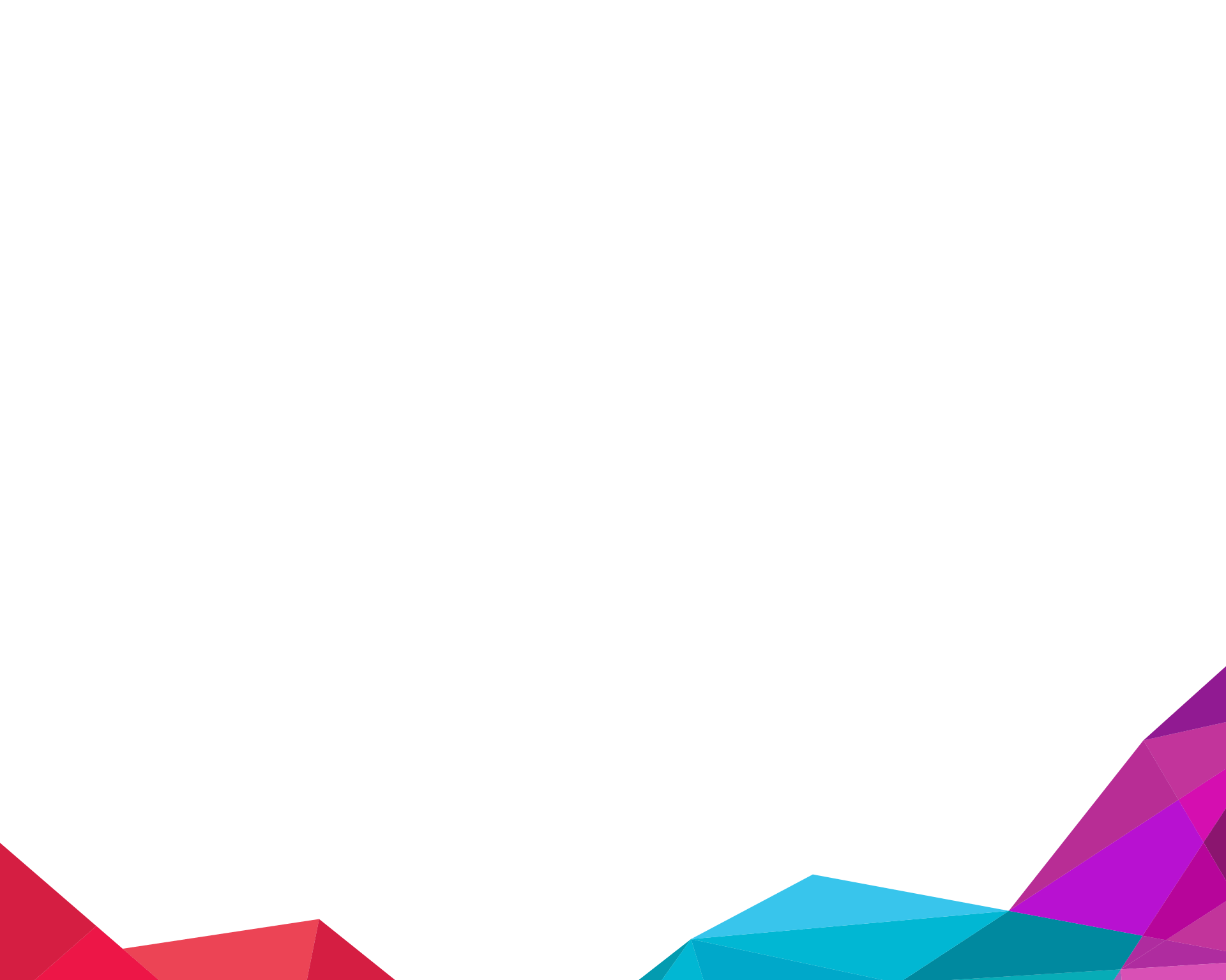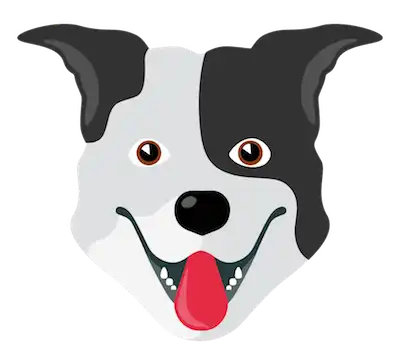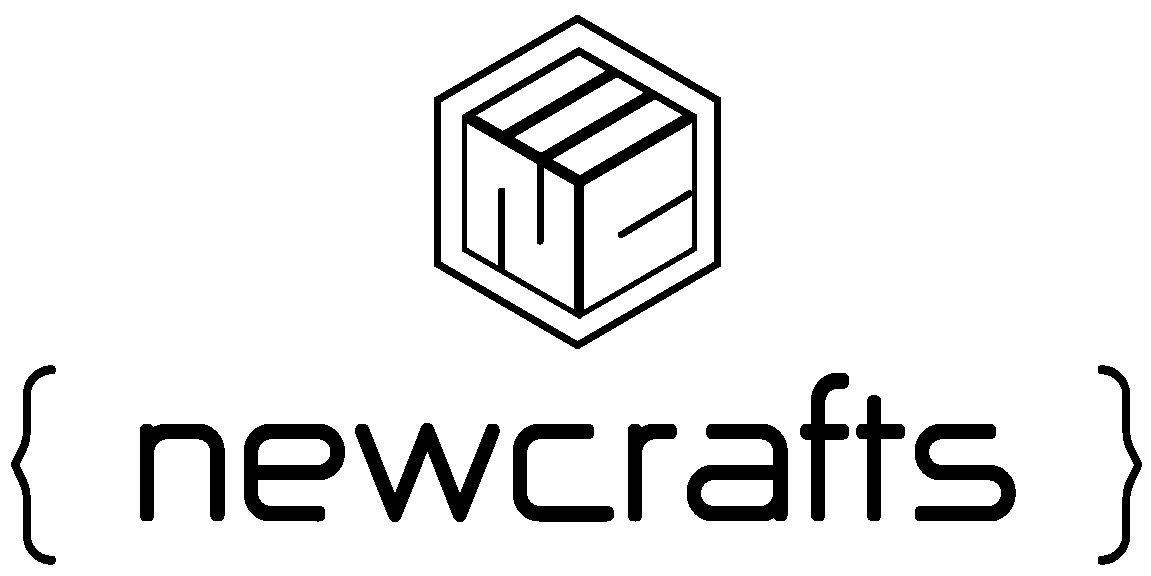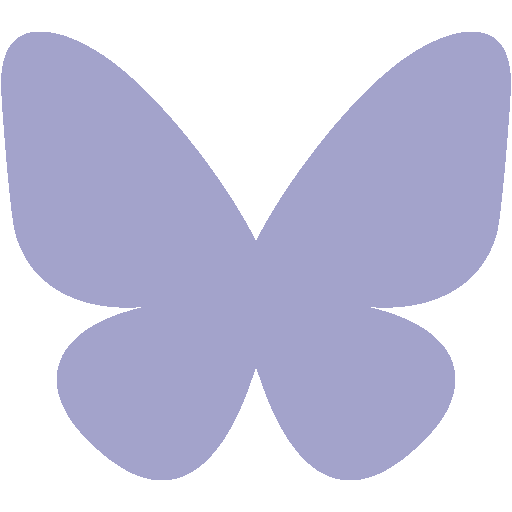
Emmanuel Gaillot
Biography
Emmanuel works as a team coach, (extreme) programmer, therapist, facilitator, trainer and systems jiggler. For the past 20 years he has been helping software makers to be better at, prouder of, and happier about the work they produce. A regular speaker at many conferences, Emmanuel is one of the founders of the Agile Open France conference[1] and the Coding Dojo in Paris[2]. He is one of Omnicité[3] workers-owners. He currently focuses his energy and passion on experimenting with accelerated learning processes, shaping self-organizing structures and co-learning spaces – one of them being a farm in Massif Central he and others are restoring[4].
[1] https://agileopenfrance.com/
[2] https://www.meetup.com/Dojo-developpement-Paris/
[3] https://omnicite.fr/
[4] https://mc-mallaret.fr/
Previous events
NewCrafts Paris 2025
Typed λ-calculus for Dummies
HandsOn with Arnaud Bailly
This is a Hands On Lab with limited capacity.While Functional Programming languages, FP idioms and concepts have become commonplace in many mainstream languages. But do you know the principles behind these concepts, and what makes those principles so appealing and useful? This workshop is a hopefully fun hand-on exploration on the implementation of a simple typed λ-calculus.
Attendees will interact with a program that will guide them to implement, in any language, an increasingly complex typed λ-calculus represented as S-expressions. The presenter will help them through the experiment and clarify concepts.
Prerequisites
- Bring a laptop running a reasonably standard OS
- You should be able to write and run programs that can read and write from/to a terminal
NewCrafts Paris 2023
Coding as a Yoga Practice: using software development as personal development
Talk
The act of coding is often seen as a means to an end: adding features to a product, learning new skills that will look good on a resume, earning money, avoiding pains previously experienced, etc. The value of coding is then indirect, either an effort that will hopefully bare results in the future, or an attempt to fix the past. Such dynamics disconnect us from the present moment and from the current reality. They bring discontent and suffering, by contrasting how what is here and now differs from what (in our mind) should be. Could there be another way of looking at the act of coding, that actually brings calm, peace and joy in the current moment?
Yoga aims at experiencing a (re)union in what manifests inside ourselves (emotions, concepts, hopes and wishes) and outside ourselves (sensory phenomena). There are many methods to reach that aim. Could coding be one of them?
This session aims at starting a conversation that hopefully will continue after the conference. As a starting point, we will introduce different contexts in which the act of coding occurs (coding for oneself, coding for others, coding with others), we will look at specific sources of pain these contexts may foster and some practices that can reduce the impacts of such sources of pain. Participants will then be invited to respond and bring their own ideas in a fishbowl conversation format.
We will conclude the session with evoking some future paths remaining yet to be explored.

